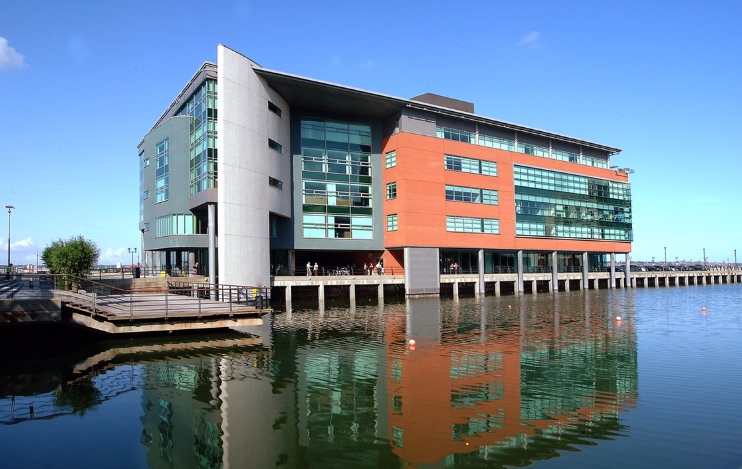Budget: Liverpool & Sefton Chamber chief backs move towards business rates reform
Chancellor Philip Hammond said there would be a review of the business rates system before the next revaluation in 2022 – Jenny Stewart says the system is ‘broken’. Tony McDonough reports.

Liverpool & Sefton Chamber chief executive Jenny Stewart has welcomed Chancellor Philip Hammond’s commitment to help small firms with business rate rises.
She also said it was good news that the Government is now considering reforming what she called a “broken system”.
In his Budget, Mr Hammond announced a raft of measures to help businesses fearful of an imminent rise in business rates – with pubs gaining a major benefit.
He said any business coming out of small business rate relief will benefit from an extra cap – meaning their rates will not increase by more than £50 a month.
There will also be a £1,000 discount on business rates bills for all pubs with rateable value of less than £100,000 – that 90% of all pubs in England.
And £300m fund will be made available to councils to allow them to provide discretional relief on a case-by-case basis.
Call for reform
Liverpool & Sefton Chamber, along with British Chambers of Commerce has been lobbying for business rates reform.
Addressing Liverpool city region business people at a post-Budget discussion, Ms Stewart said: “I was encouraged by his statement on business rates and by the suggestion of reform to what is a broken system.

“This is the first time in a long time we have had signs of any real change to that system.
“Small business might feel a little bit more encouraged by the £50 a month cap and the help for pubs is great news for the city region as they are an important part of our economy.”
Productivity gap
Ms Stewart also welcomed the emphasis on improving the UK’s productivity which lags behind other comparable nations but said more investment was needed in the North.
“Our productivity here in the North West lags behind the rest of the UK and what we need is a big drive on productivity and connectivity.
“It is amazing that some days it can take two hours to travel between Liverpool and Manchester when the two cities are just 35 miles apart.
“Look at the extra 250 miles of railway being created around London. If we had that in this region imagine the kind of access that would give us across the North.
“The £90m that was announced today to improve ‘pinch points’ on roads in the North is not a lot of money at all.”
Help for skills
Also during the chamber discussion, Chris Eccles, managing director of specialist manufacturer ChargePoint Technology, said he welcomed at the Chancellor’s pledge for more funding for skills.
Vocational and technical education in England is to get an extra £500m a year in a bid to train more skilled workers and boost the economy.
The plans, to be set out in the Budget, also include replacing 13,000 existing qualifications with 15 “routes” linked to the needs of employers.
Mr Eccles said small to medium-sized employers such as his sometimes struggled to find the resource to fully prepare young people for the workplace.
He said: “We can attract young people to the business but the challenge is getting them up that learning curve so they are ‘work ready’.
“The potential cost of failure can make investing in a young person a difficult one for small companies so any help we can get from the Government is to be welcomed.”
R&D help
Darren Grimes, a tax expert at Liverpool accountancy firm DSG, spoke about the rise to National Insurance Contributions for self-employed people announced in the Budget.
The rate for Class 4 NICS would rise from 9% to 10% in April 2018, and to 11% in 2019.

That compares to 12% currently paid by employees.
Mr Grimes said: “That is quite significant but it has been on the cards.
“One good thing was what was said about R&D. Currently, anyone investing £100 in R&D can claim around £26 back but there is a lot of administration in doing that and that is something we often do for clients.
“He spoke about reducing the amount of admin in doing that so that has too be good news.”
